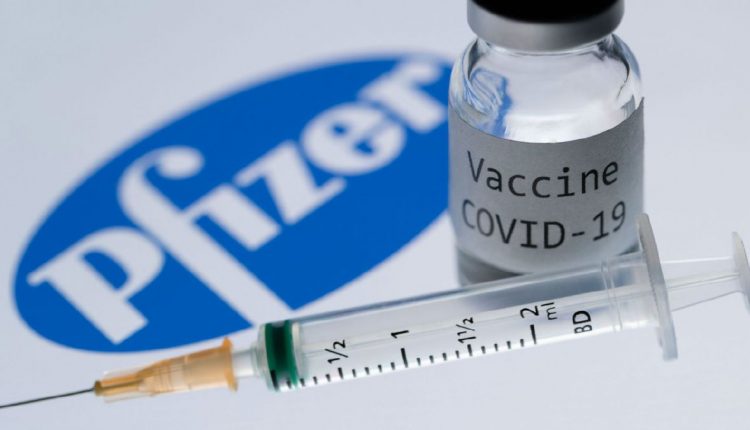PETALING JAYA: The UK government has confirmed that the Pfizer/BioNtech Covid-19 vaccine does not contain components of animal origin.
-Advertisement-
The vaccine, which received emergency authorisation in early December, has already made its way to selected recipients designated as being in high-risk categories, such as those over 80 in hospitals, frontline health staff and care home workers.
Published on the UK government’s official website, the information provided by the Medicines and Healthcare products Regulatory Agency provides a full ingredients list, which does not include any substances of animal origin.
Prime Minister Muhyiddin Yassin has said the government could begin administering the Pfizer/BioNtech vaccine as early as February, and said he would be one of the first to take it in the hope others will be convinced of its safety and efficacy.
The vaccine, which uses pioneering mRNA technology never before adopted in a vaccine, involves injecting recipients with the information the body needs to reproduce the “spike protein” similar to that found on the surface of the virus responsible for Covid-19, triggering an immune response and the production of antibodies.
Questions over the halal status of the vaccines procured by the Malaysian government have been raised by religious bodies and the public, with health director-general Dr Noor Hisham Abdullah saying that halal certification would be ideal but not necessary for local registration.
-Advertisement-
“If they can get the halal certification, that would be better, but we do not register medicine based on halal status or not. We do register non-halal medicine, too,” Noor Hisham told The Straits Times of Singapore.
So far, Malaysia has struck deals to vaccinate 40% of the population for free, with 20% coming from Pfizer/BioNtech, and 10% coming courtesy of both the Covax facility and AstraZeneca.
The government is also in final negotiations with China-based Sinovac and CanSino, and Russia’s Gamaleya Institute to secure additional vaccine supplies.
In total, the government has said there will be enough vaccines for more than 80% of the population at a cost of RM2.05 billion.
Meanwhile, a policy brief from the Galen Centre for Health and Social Policy has recommended that Malaysia’s immunisation programme prioritises groups who are at the highest risk of infection, progression to severe disease and death.
These include those over the age of 60, those with pre-existing medical conditions like cancer and heart disease, people in settings with a high risk of transmission such as detention centres and dormitories and those in the essential services sector like law enforcement personnel and sanitation workers.- FMT

